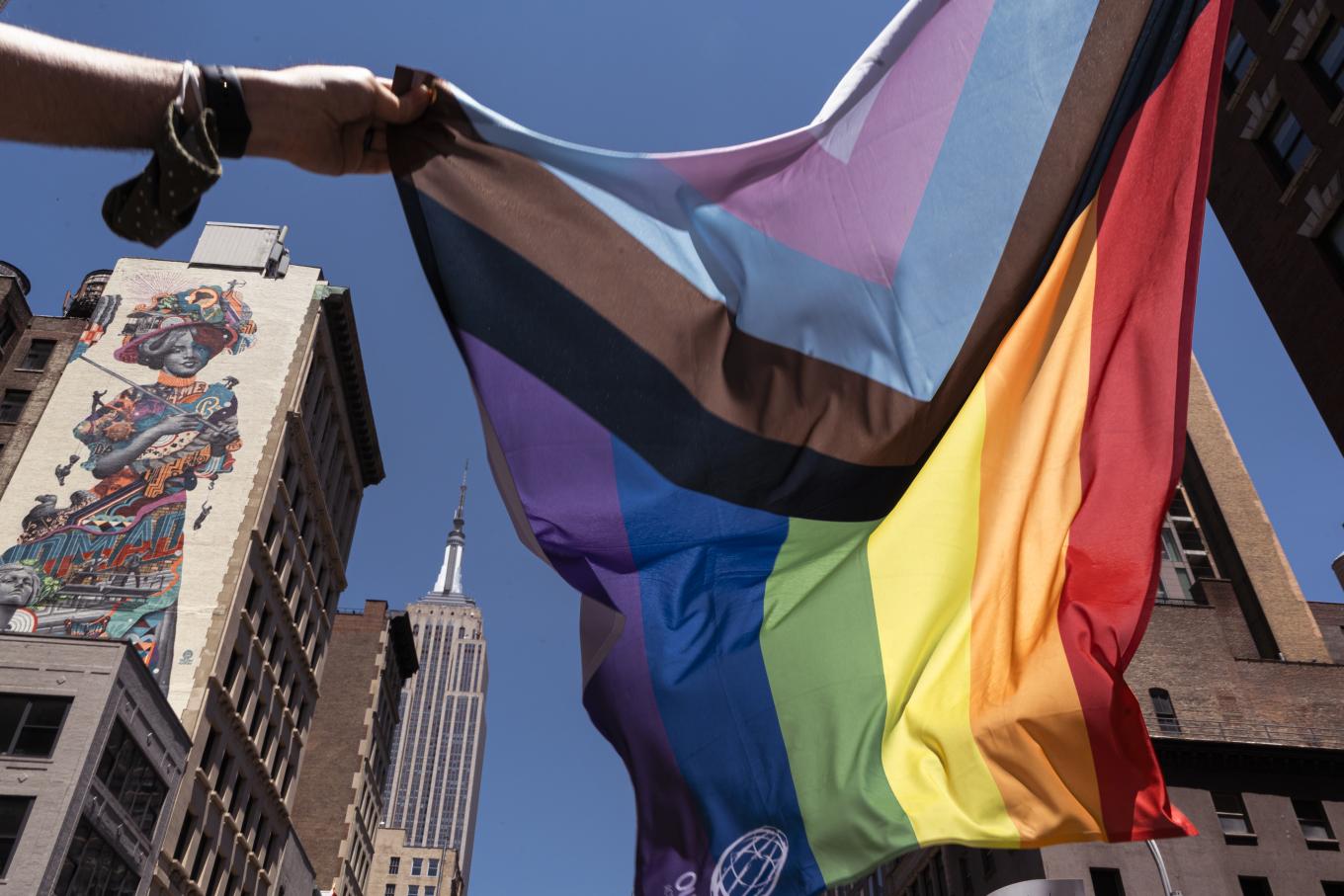
Country Overview
Equatorial Guinea
At a glance
View more for this country:
Equatorial Guinea’s penal code, most recently updated in 2022, does not criminalize same-sex intimacy or gender diversity. However, in 2020, the country began the process of approving a Draft Law Regulating Prostitution and the Rights of Homosexuals, which would effectively criminalize LGBTIQ people. The process is not completed, but the law is also not withdrawn. Its status is unclear at the moment. In addition, activists report that public authorities continue to apply the obsolete Law on Vagrants and Criminals of 1954, which normalizes conversion therapies and classifies homosexuality as an illness. LGBTIQ persons face stigmatization among the broader population, and same-sex couples and households headed by same-sex couples are not eligible for the same legal protections available to different-sex couples.
Ministerial Order 1/2003 prohibits the use of tourist establishments as brothels for sex work, as well as “activities that violate morality and good customs,” and is often used as a tool to persecute sexual minorities. Human rights organizations reported that in the cities of Bata and Malabo, the most populated in the country, 32 cases of arbitrary detentions of LGBTIQ people were recorded in 2023.
In 2019, Equatorial Guinea received recommendations to adopt political and legislative measures to combat discrimination based on sexual orientation and gender identity. To date, the executive has failed to implement any of the recommendations. The only active LGBTIQ organization in the country has been trying to legally register since 2017, but the Ministry of the Interior and Local Corporations has not given any decision since then.
*Outright research indicates that the bodily autonomy of intersex people is not respected and protected in this country.
Global Impact
Sub-Saharan Africa
Outright supports LGBTIQ organizations in Sub-Saharan Africa and works with mainstream human rights organizations to respect human rights and influence positive changes in laws, policies, attitudes and beliefs that cause discrimination against LGBTIQ people.
United Nations
Our work at the United Nations centers around advocating for the advancement of the rights of LGBTIQ people.
View this regionAsia
Our work in Asia promotes acceptance of sexual and gender diversity at all levels of society.
View this regionSouthwest Asia and North Africa
In the Southwest Asia and North Africa, we partner with local groups in various countries as part of our international solidarity work. We also work with our local partners on different topics through capacity building, advocacy, research and holistic security.
Europe and Central Asia
Outright International partners with activists to fight for an end to human rights violations based on sexual orientation, gender identity and gender expression in Europe and Central Asia, where most of our work involves emergency responses to harassment, discrimination, violence, and most recently, Russia’s brutal and expanded invasion of Ukraine.
Americas
Our work in the Americas continues to build on the fundamental and positive transformation of human rights protections in recent years. We partner with groups in the Caribbean that focus on ending gender-based violence and eradicating discrimination against trans people.
Pacific
Our work in the Pacific aims to increase the visibility of activists, respond to human rights emergencies, and actively bridge local, regional, and international activism to achieve equality and justice.
Global
View this region
Human Rights Research
Since 1990, we have partnered with activists from all over the world to produce hundreds of groundbreaking reports.
Read Our Reports